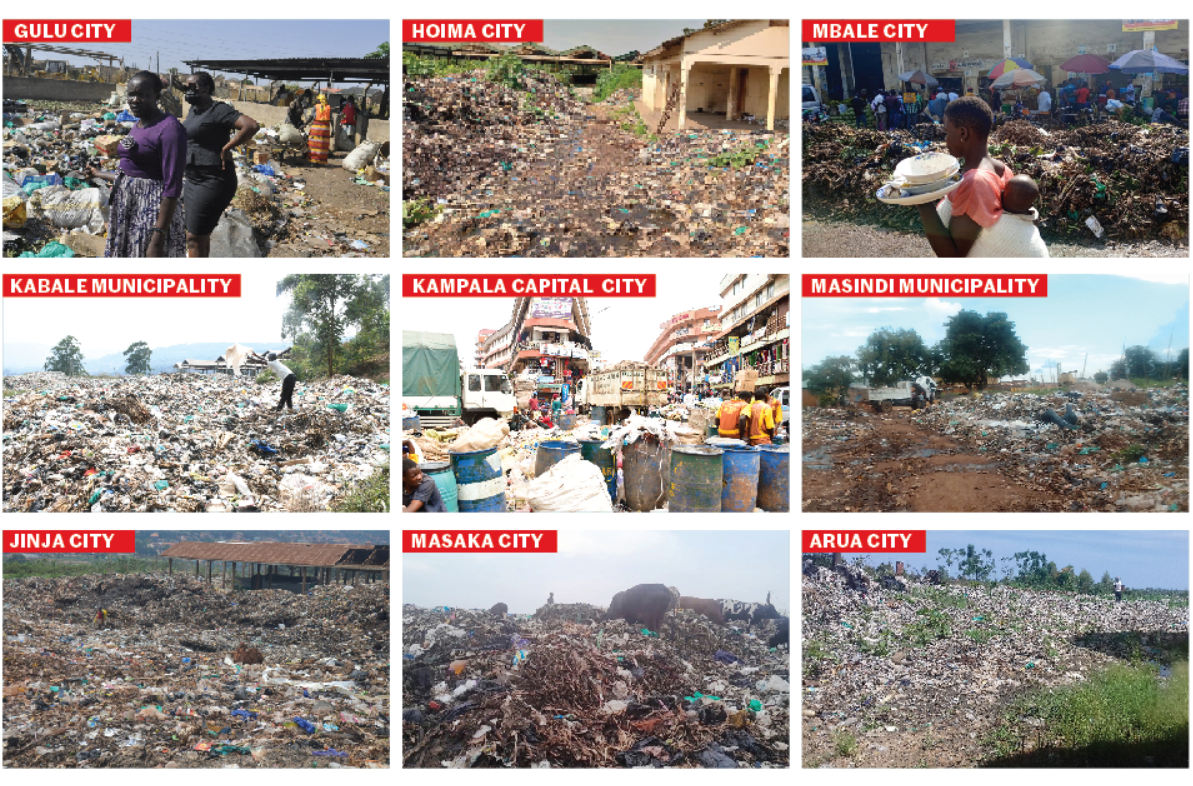
Author, Benjamin Rukwengye. PHOTO/FILE.
Back when I was just starting out as a professional, my first stint was in government. I was a lowly associate at the Uganda Media Centre, which at the time was under the Office of the President. The recently deceased Tamale Mirundi was the Presidential Press Secretary at the time, so I bumped into him a few times.
I was always as fascinated by the depth of his knowledge, craftiness and gift of garb, as I was bemused by his crassness. For all his gifting, he didn’t seem like a good fit for a Presidency that wanted to be taken seriously. More often than not, he came off as a comic, cantankerous, wayward, and I dare say, unpolished.
I remember once asking a friend why the President kept him even when he clearly was as ill-suited for the office as his suits were ill-fitted for him. With hindsight, I might have been dealing with the naivety that many of us suffer by thinking that the government takes itself as seriously as we would like it to.
My friend gave an interesting perspective. “Tamale,” he said, “Is unlike many of us. We are replaceable. You can find as many people who speak good English and know how to debate. But people like Tamale who know how to blend in with the lowest of society, people who will engage in shouting matches with traders in Kikuubo and trade insults with them, pound for pound, are rare. Every government needs someone like that.”
Somehow, not unsurprising for Uganda, Tamale served the Presidency for 13 years and then tailed off into what looked like alcohol abuse and all manner of diatribes against whoever was unfortunate to earn his ire on the day. By the time he left, it is not clear how many people still viewed the office he spoke for with as much regard as it deserves.
Typical of many government political appointees, it is hard to say whether he met his role’s terms of reference or if he didn’t. It is not atypical of many political appointees - presidential advisors, cabinet ministers, ambassadors, resident district commissioners, agency directors, board chairpersons and members - who themselves must be surprised that they somehow got appointed to the positions they occupy.
There is a common thread though. You could run for Parliament and lose, you could also decide to be servile. You could take the route of an Opposition politician who is up for sale, or just become a prayer warrior by day and National Resistance Movement mobiliser by night. The more intriguing one is how well you can mouth-off and abuse people on radio and social media, or if you are an unemployable middle-aged member of a royal family.
If you are lucky, you might get a foreign posting, in which case you can go and embarrass Uganda on the international stage. If you are unfortunate, they will keep you here where you can deal with the pot-holes and experience the dysfunction with everybody else even, coated with the facade of safety when in fact, you aren’t.
That is what explains this week’s events as reported from Ottawa, Dubai, Kampala, and Kiteezi. It is what explains Uganda as you know and experience it on its roads, in its schools and hospitals, on the streets, as you try to find a job or do business, and in whatever your daily frustrations might be.
It is as if the system is hell-bent on trying to qualify the unqualified and has, as a result, decided that the collateral damage is a price worth paying. Expulsion of ambassadors, deaths of hundreds in garbage heaps, running casinos in embassies, road accidents that claim hundreds every week, city roads that make it seem like we are recovering from war, schools that aren’t teaching and hospitals where there is no healing.
It wasn’t always like this. There was a time when the best talent got deployed where they were best suited. A time where political expediency wasn’t the single-most consideration for appointment. A time when public officials weren’t out of their depth. But then we decided that merit and experience didn’t count for much. And so, this is where we are.
But how long is this going to go on for? What will it take to change course? How many deaths? Will those whose only experience of leadership is today’s Uganda have the stomach for the surgery that this country needs?
Mr Rukwengye is the founder, Boundless
Minds. X: @Rukwengye







